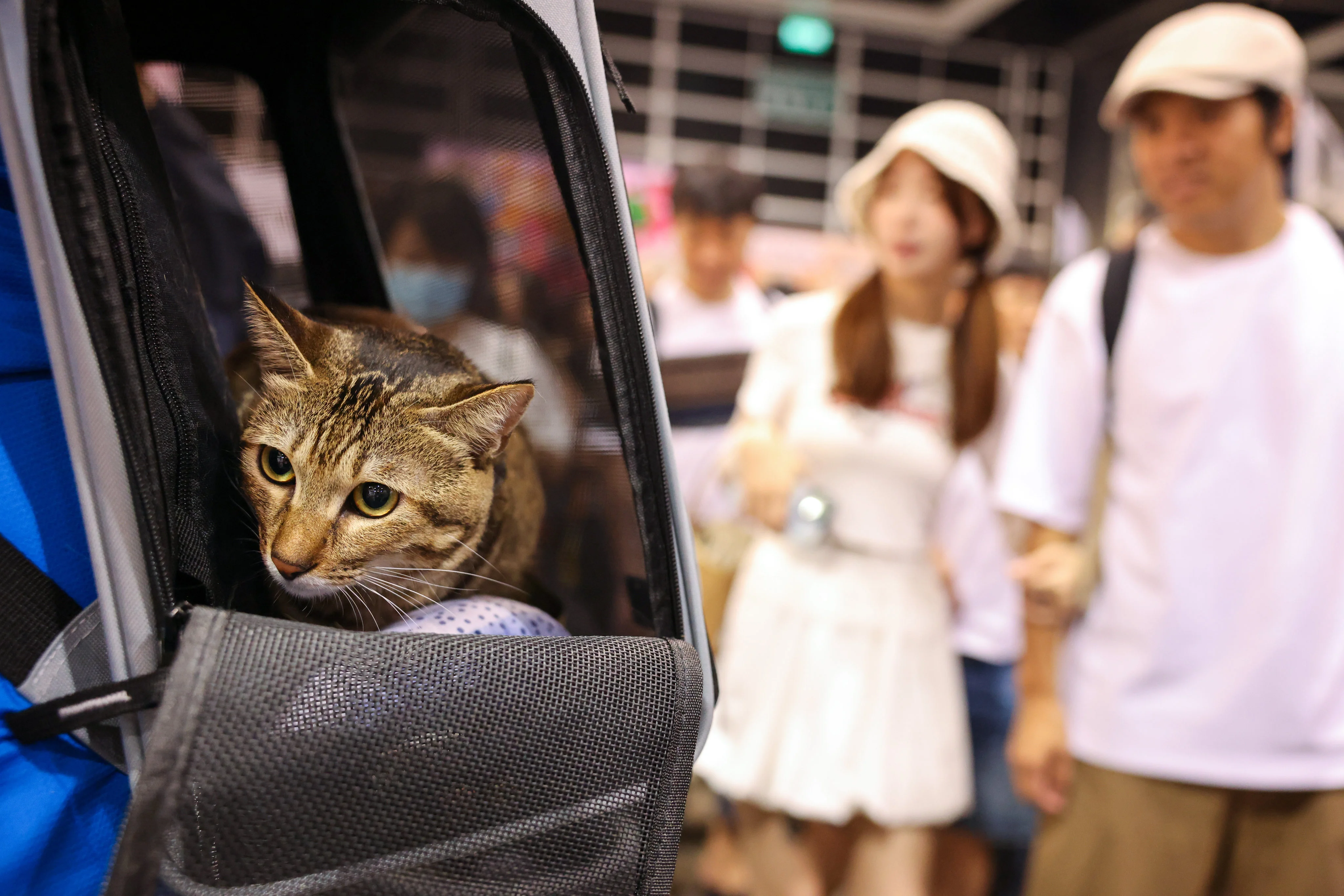By Jiang Chuqin
Copyright scmp

Hong Kong has expanded its recognition of veterinary health certificates for cats and dogs imported from mainland China, going from solely Shenzhen to all regions across the border.
Hong Kong’s Agriculture, Fisheries and Conservation Department announced on Tuesday that it now accepted animal health certificates issued by official veterinarians from all customs authorities on the mainland.
The city started recognising certificates issued by official veterinarians of Shenzhen Customs on June 3 in the initial phase of the policy, with the move also slashing quarantine times for mainland-imported cats and dogs from 120 days to 30 days.
“In light of the smooth implementation of the new quarantine arrangements for importing cats and dogs, and to further facilitate their movement from the mainland to Hong Kong, we now accept relevant animal health certificates issued by official veterinarians of mainland customs of all regions,” the department said.
It added that cats and dogs imported from the mainland could enter Hong Kong via the local airport as manifested cargo, as well as by land at designated control points.
The policy also requires pets to be implanted with microchips, hold valid vaccination certificates for rabies and designated infectious diseases, obtain satisfactory results from rabies antibody titre testing and possess animal health certificates issued by official mainland veterinarians.
Hong Kong has one of the world’s strictest quarantine regimes for cats and dogs. The city classifies the origins of imported pets into three categories for quarantine purposes.
The new policy has moved the mainland from group 3B to 3A, a new tier established last December that already includes Macau, Lithuania, Hungary, Malaysia and Thailand.
Pets imported from locations under group 3B, the highest-risk tier, must undergo a mandatory 120-day quarantine, but those from 3A jurisdictions only require a 30-day quarantine.
Locations where cases of rabies are few and under effective control are classified as group two, which includes Taiwan, Korea and Canada. Pets from these areas will have their quarantine waived if they are vaccinated and chipped at the age of five months.
Pets from group one places, such as Australia, Britain and Japan, where rabies has been absent for a long time, are exempt from quarantine after they are more than two months old, vaccinated and chipped.



